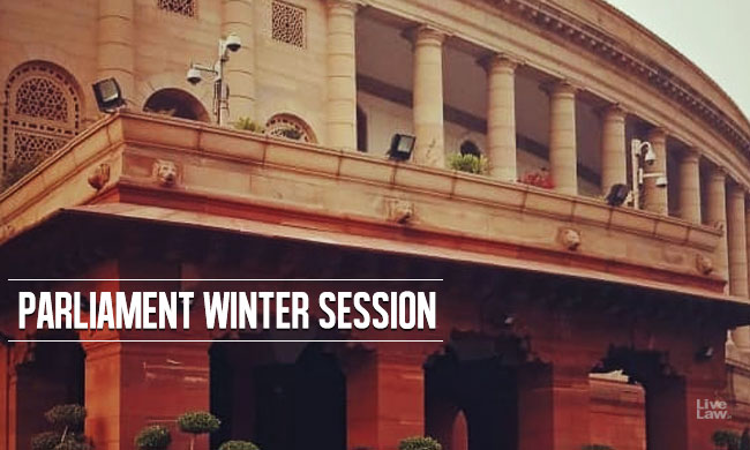Next Story
15 Dec 2019 10:52 AM IST
The Winter Session of the Parliament, which began on November 18, concluded on December 13 as both the houses adjourned sine die. During the Session, Lok Sabha worked for 111% of the scheduled hours while the Rajya Sabha worked for 92%. The highlights of key legislative actions during the Winter Session are given below: 1. Citizenship Amendment Bill, 2019 The...

